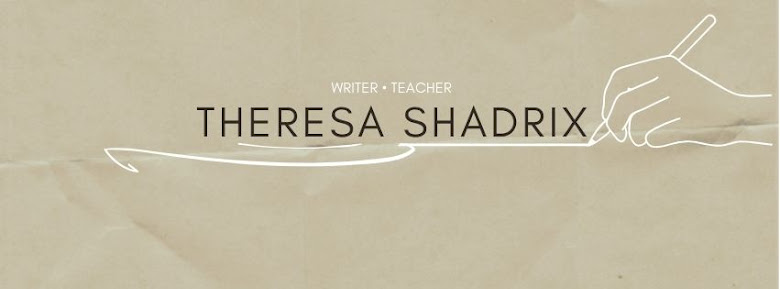There are also a a few idiosyncratic students who prefer Illustrator, After Effects, and Garage Band. Then, there are those who like Publisher, but we tend to ignore those admirations.
For the most part, it's a clear cut love for either ID or PS.The problem is the love affair is short-lived. There is a 50-minute window in which my students are allowed to learn about the design software and then they must venture back into the undoodled world. Our students have MacBook Air laptops, but they do not have the Adobe Suite on them. So, the endearment is usually confined to the classroom.
So, what can you do? While there is not another application quite like Adobe's Photoshop, there are some alternatives.
- Pixlr is for photo editing and effects. Online or offline. Browser based or native app. Mac or Windows, as well as iOS and Android. The toolbar is most similar to Photoshop, so it is the one I prefer students to use outside of class.
- Sumo Paint is an online image editor and is focused more on illustrations, rather than photos.
- Gimp is best for photo retouching, image composition, and image authoring. It is the GNU Image Manipulation Program. It can be used on Mac or Windows.
- Photoshop Express is by Adobe, but it is limited in that you can only upload a jpeg and it has less features than the full version.
So, this summer, when you are bored and wish to put your photo into the background of a historical picture of JFK or swap your face with a presidential candidate, you have some options.
Peace out.
Blessings.
T.S.
